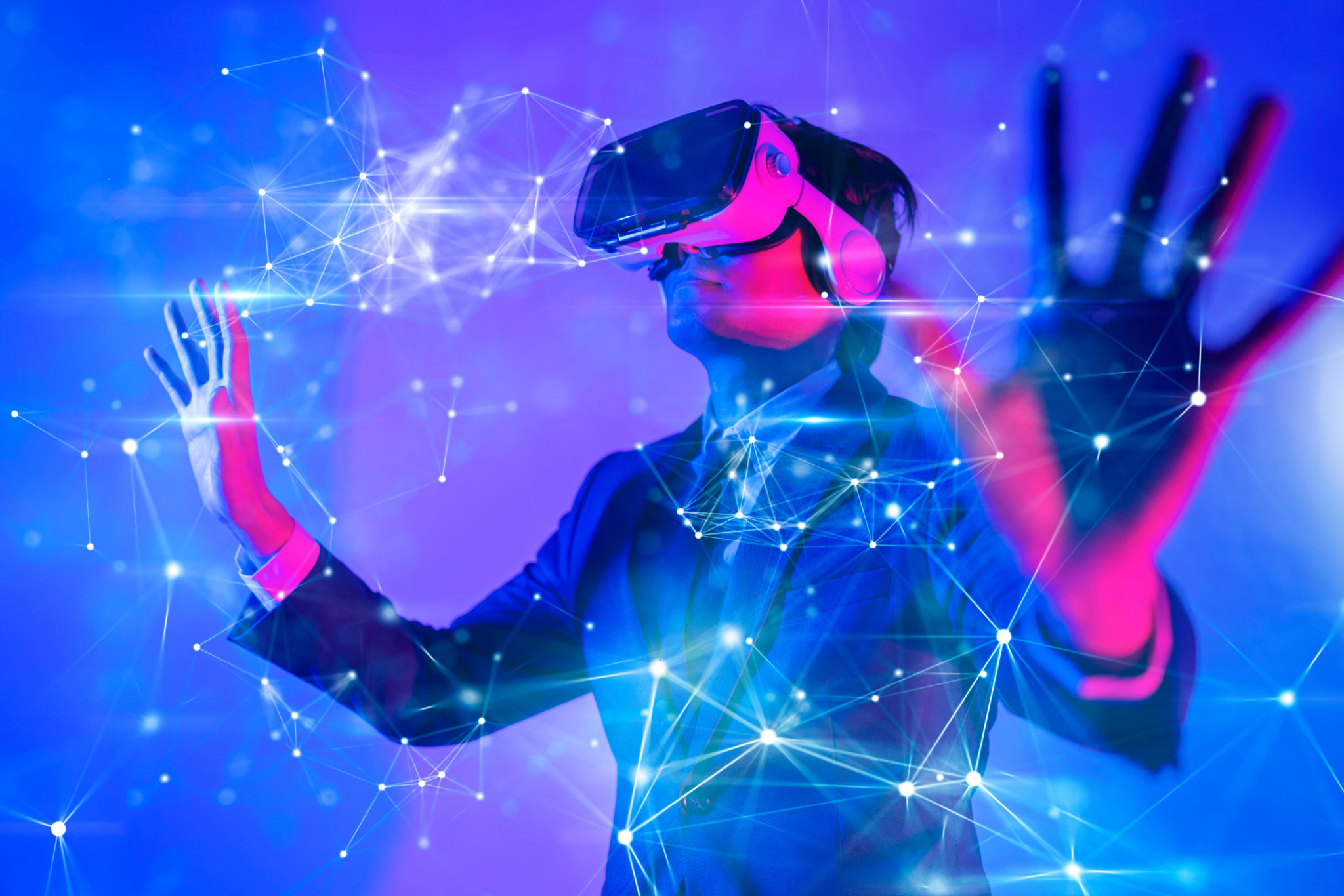Exploring the Latest Trends in VR Technology for Events
Introduction to VR Technology in Events
In recent years, Virtual Reality (VR) technology has revolutionized the event industry, offering immersive experiences that captivate audiences like never before. As VR technology continues to evolve, event organizers are leveraging its potential to create more engaging and interactive events. From product launches to virtual conferences, VR is transforming how events are conceptualized and executed.

Enhanced Attendee Engagement
One of the most significant trends in VR technology for events is its ability to enhance attendee engagement. VR allows participants to immerse themselves in a virtual environment, providing a unique and memorable experience. Whether it's exploring a digital replica of a conference venue or participating in interactive workshops, VR offers endless possibilities for keeping attendees engaged.
With the help of VR headsets, event attendees can experience 360-degree videos and interactive simulations that bring content to life. This level of immersion not only captures attention but also facilitates better understanding and retention of information.
Virtual Networking Opportunities
Networking is a crucial aspect of any event, and VR technology is opening new avenues for virtual networking. By creating virtual spaces where attendees can interact with each other through avatars, VR enables meaningful connections without the constraints of physical presence. Participants can join virtual breakout rooms, engage in live discussions, and establish connections with industry peers from around the world.

Cost-Effective Solutions
Another trend driving the adoption of VR technology in events is its cost-effectiveness. Hosting large-scale events can be expensive, with costs associated with venue rental, travel, lodging, and more. VR offers a solution by allowing events to be hosted virtually, significantly reducing overhead expenses.
By utilizing VR platforms, event organizers can reach a global audience without the logistical challenges and costs of traditional in-person events. This democratization of events means that more people can access high-quality content from the comfort of their homes.
Sustainability and Environmental Impact
The environmental impact of large events is a growing concern, with many organizations seeking sustainable solutions. VR technology offers an eco-friendly alternative by minimizing the carbon footprint associated with travel and physical infrastructure. By reducing the need for transportation and material resources, VR contributes to more sustainable event practices.

Future Prospects for VR in Events
As VR technology continues to advance, its integration into the event industry is expected to grow. The future holds exciting possibilities, such as the development of more sophisticated VR interfaces and the incorporation of artificial intelligence to enhance user experiences. These advancements will enable even more personalized and interactive event experiences.
Moreover, the rise of 5G technology will further enhance VR capabilities by providing faster data transmission speeds and lower latency. This will allow for smoother and more seamless virtual event experiences, encouraging wider adoption across various sectors.
Conclusion
In conclusion, exploring the latest trends in VR technology reveals its transformative impact on the event industry. From enhancing engagement to providing cost-effective and sustainable solutions, VR is reshaping how events are planned and experienced. As the technology continues to evolve, event organizers will have even more tools at their disposal to create unforgettable experiences for their audiences.
